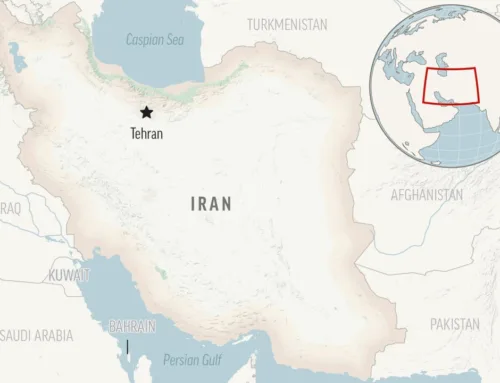More humanists than Christians marry in Scotland
Friday, June 26th, 2020
By Mark McLaughlin
Reprinted from: The Times (London)
Humanist weddings outstripped Christian weddings for the first time in Scotland last year, prompting calls for wider recognition across the U.K.
Humanist ceremonies made up 23 per cent of the 26,007 marriages in Scotland, while Christian marriages accounted for 22 per cent.
Just under half of all marriages were civil ceremonies, at 12,635. A number of humanist groups were among religious and other belief bodies that carried out weddings, with the most popular being Humanist Society Scotland at 3,276 and Independent Humanist Ceremonies at 1,270. The Church of Scotland carried out 2,225 weddings and the Roman Catholic Church 911.
There were 912 same-sex marriages and 83 civil partnerships last year, 50 involving male couples and 33 involving female couples.
Humanists believe there is no supernatural deity and live by an ethical code based on science, rational thinking and human experience. The weddings are popular with people who reject religion but dislike the bureaucratic nature of civil weddings, usually conducted by local authority registrars.
Humanists U.K., the charity that promotes the belief system, said that the growing popularity of humanist weddings in Scotland should convince the U.K. government to recognise them in England and Wales. Humanist weddings were recognised legally in Scotland in 2005, in the Republic of Ireland in 2012 and in Northern Ireland in 2018 after a Court of Appeal ruling that failing to do so was a breach of human rights.
Jersey gave legal recognition last year and the Guernsey Assembly has passed legislation to permit them from next year. Lord True, a cabinet office minister, rejected calls this week from members of the Lords parliamentary humanist group for legal recognition of humanist weddings in England and Wales to help clear the backlog built up during the coronavirus pandemic.
In England and Wales more than 1,000 couples every year have humanist wedding ceremonies, though at present they must also have a civil marriage which adds to the expense and beaurocracy. Lord True said: “The current law on marriage is set in primary legislation and the government has no plans to change it.”
Lord Low of Dalston, a member of the humanist group, said: “Once weddings resume there will no doubt be a huge backlog of demand for registrars that could easily stretch through to the end of next year.
“One way the government should seek to ease that demand is by extending legal recognition to humanist marriages, which would stop couples who want to have a humanist wedding from having to also have a civil marriage to gain legal recognition.”
The U.K. government has announced that marriages can resume in England from July 4.
Andrew Copson, chief executive of Humanists U.K., said: “The huge popularity of humanist marriages in Scotland shows just how many people want to have them when they are legally recognised. The fact that they are not legally recognised in England and Wales is a growing travesty. There has never been a more pressing need for this reform than now, with couples having to delay their humanist weddings simply because there are no civil registrars available in their area for some time.”
A spokesman for the Church of Scotland said that its weddings were as unique as the couples being married. “The Christian God is a God of love who delights in people and a Church of Scotland wedding is an opportunity for a couple to pledge their love before God, among the circle of friends and family who will support their union throughout their lives,” the spokesman said. “We would encourage anyone considering marriage to visit their local church and speak with someone about the many options available to them to mark their very special day.”







Leave a Reply, please --- thank you.